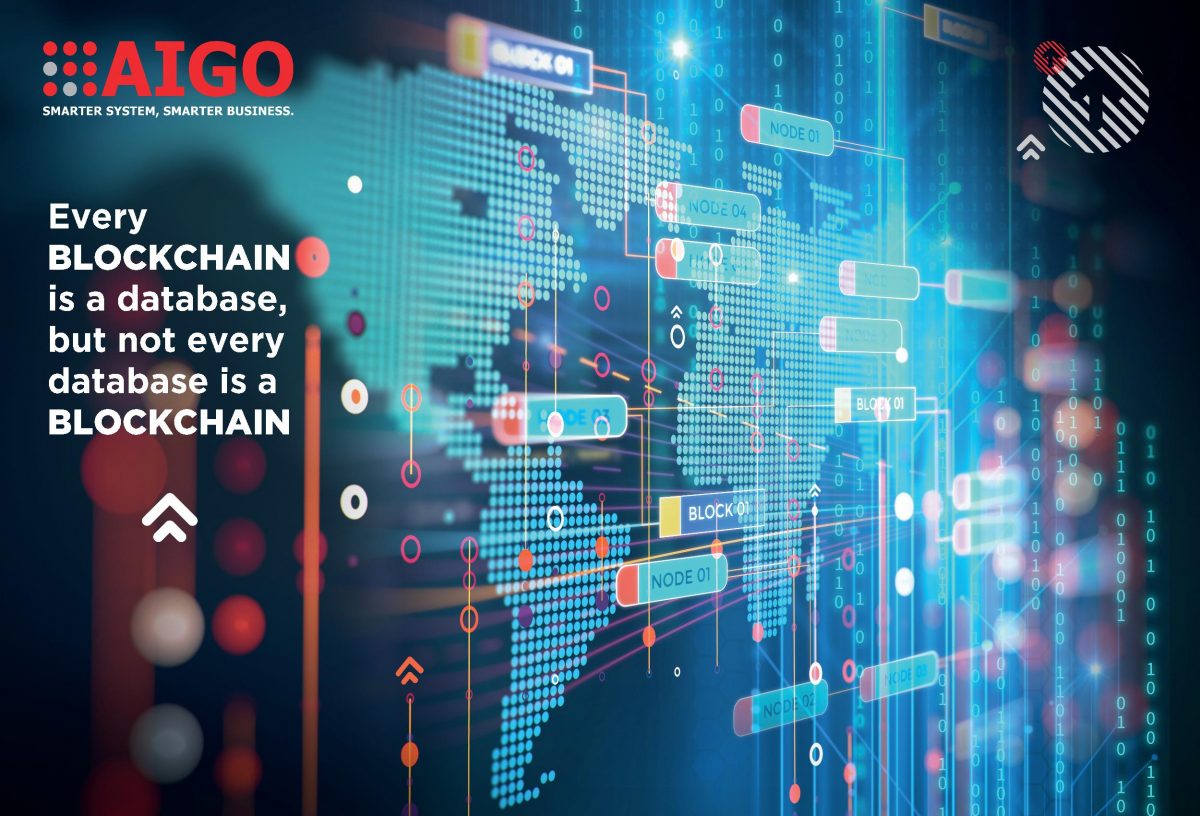Smart contracts are the foundation on which a large number of other activities and services are based that facilitate and expedite various business processes

For the last 20 years, thanks to the development of the Internet, we have been sharing information by sending emails, electronic documents, and using social networks. With the advent of blockchain technology, this exchange took on completely new forms. Whether we are talking about individuals or companies as participants, the ability to connect directly on a peer-to-peer basis and thus exchange not only information but also values was brought about by blockchain technology.
In this network of the so-called nodes, i.e. the user’s copy of the exchanged “resource”, is available to each of them. The information is stored in blocks that are interconnected in a chain-like system, and everything that is once stored on the blockchain platform stays there forever. Guaranteed security and transparency are the main reasons why blockchain is considered the future of modern data transmission technology and other business values. In recent years, innovators in various fields, from medicine to finance, aware of the benefits of the technology behind Bitcoin, have been looking for ways to integrate blockchain into their business. In addition to giving companies the opportunity to reduce their costs in completely new ways, it also increases the number of activities in which they directly participate and which they can automate.
Although this term is most often associated with cryptocurrencies, it is much more than that. It supports the development of decentralized applications (dAPP) and the complex programming that underlies so-called smart contracts.
Through smart contracts, blockchain offers new potential for easy and efficient execution of a wide range of transactions and transfer of rights and assets (sale of cars, shares, bonds) without the need for a third party to get involved, such as a bank or stockbroker. If someone once owned something, that information, as well as information about the transfer of ownership, will forever remain written as a unique version of the truth for everyone.
Smart contracts are the foundation on which a large number of other activities and services are based that facilitate and expedite various business processes.
In the Telco industry, for example, smart contracts have the potential to reduce fraud losses and optimize identity management (users, devices, etc.) through instantaneous and automated processes.
What contributes to the increasing application and adoption of blockchain technology in many industries is its decentralized nature
Thanks to blockchain solutions, companies can direct and automate their supply chain and speed up the process of ordering and paying for goods, while blockchain databases, in turn, allow the analysis of customer records which are then used in choosing strategies to improve the user experience.
In terms of creating and exchanging securities, this technology makes for a better risk assessment, lower administrative costs and general acceleration of business processes. One such solution is E-bill of exchange, an e-service designed to create, transfer and manage bills of exchange as verifiable and unchangeable digital documents, developed by AIGO.
What contributes to the increasing application and adoption of blockchain technology in many industries is its decentralized nature. No person, entity or government owns or has access to the information. In a decentralized environment, information will no longer be stored in central databases, because it is stored everywhere at once, under the direct control of the user, and not the company offering the service. This nature creates an unprecedented degree of resilience, as the database is distributed to multiple locations in the network (nodes), so the blockchain can continue to work even if a node falls out of the chain of transactions (fails).
As technology develops and evolves, a large number of new opportunities are created for a wide variety of activities. With a development partner who actively monitors the application of this technology, companies that include blockchain in their business become part of a completely new ecosystem in which data manipulation is disabled and the possibility of cyber attacks is almost eliminated. As a “machine” of security, transparency, connectivity and speed, Blockchain provides companies with the basis for the application of innovative solutions and thus creates new, exciting opportunities for business growth and development.